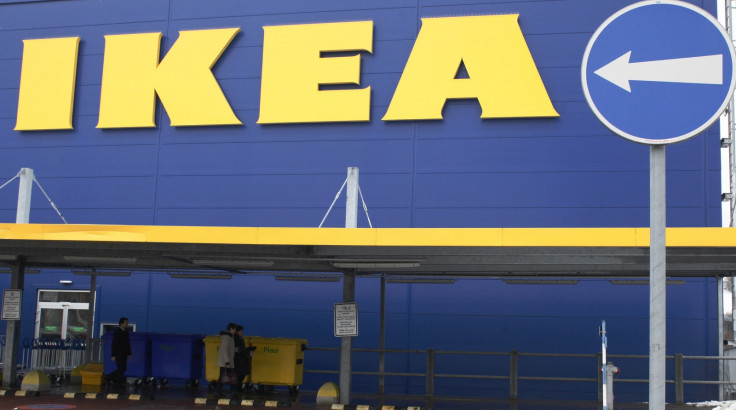Ikea proves the impossible: the Living Wage in retail can be won

Yesterday saw a major step forward in the movement for decent wages in the UK.
For the first time since the modern Living Wage campaign began in 2001, a major retailer has confirmed it will pay the rates. IKEA joins over 1,600 accredited employers who choose to voluntarily pay their workers more than the national minimum.
These employers – a broad cross-section of public, private and third sector – are championing the aim that work should be the surest way out of poverty.
At the heart of Ikea's decision lies its vision: "to create a better everyday life for the many people". And for this iconic brand, the "many people" are not just its Billy bookcase loving customers but the workforce behind its success too.
Ikea knows that investing in them makes good business sense: research shows that paying the Living Wage leads to improved productivity and lower turnover, amongst other tangible benefits. The brand value of accreditation is even more relevant for a customer-facing business like IKEA: in the 21<sup>st century, consumers don't only want a good deal on their flatpack, they want to shop with companies which are doing the right thing too.
Indeed, we know that seven out of 10 would consciously shop in favour of a Living Wage outlet. Ikea's stance is therefore both refreshing and savvy in a retail landscape where low pay is prevalent.
More than a decade of campaigning for the Living Wage has taught us a golden rule of success: winning decent pay in new sectors requires a big brand to lead the charge. IKEA has become that leading light in retail.
Its announcement shows that paying the Living Wage can be done in a sector which all too often professes impossibility. This call to action to the UK's other major retailers will be bolstered by Living Wage campaigning across the country.
June and July have already seen action at the annual general meetings of Marks & Spencer and Tesco. And this year's Living Wage Week (1<sup>st-7<sup>th November) will see the launch of a major new phase of the campaign: groups across the country will be campaigning in their towns and cities to persuade local employers that they, too, can pay real Living Wages.
The Swedish chain's announcement is a major cause for celebration for the 4,500 employees it will benefit, but perhaps more importantly, it is a celebration of the spirit and calculation which lie at the heart of the Living Wage.
Calculated annually, it covers the basic costs of living. In doing so, it aims to end the choice between heat and eat which so many are making on a daily basis. This differs from the government's newly announced 'National Living Wage' which will not be calculated according to the cost of living nor apply to workers under 25.
The Netherlands has a similar pay approach; a youth wage for those under 23 and a higher minimum rate above that. This has caused concerns that employers are purposefully excluding those older than 23 in order to keep labour costs down.
So whilst the Foundation welcomes the new higher minimum wage and the pay rise it represents for around 2.7 million people, we stand with IKEA and our 1,600 accredited employers in aiming for pay which people can live off.
Emily Kenway is the Programme Manager at the Living Wage Foundation, focusing on retail and public engagement. The Foundation, established in 2011, promotes the Living Wage and accredits employers who pay the rate.
© Copyright IBTimes 2024. All rights reserved.






